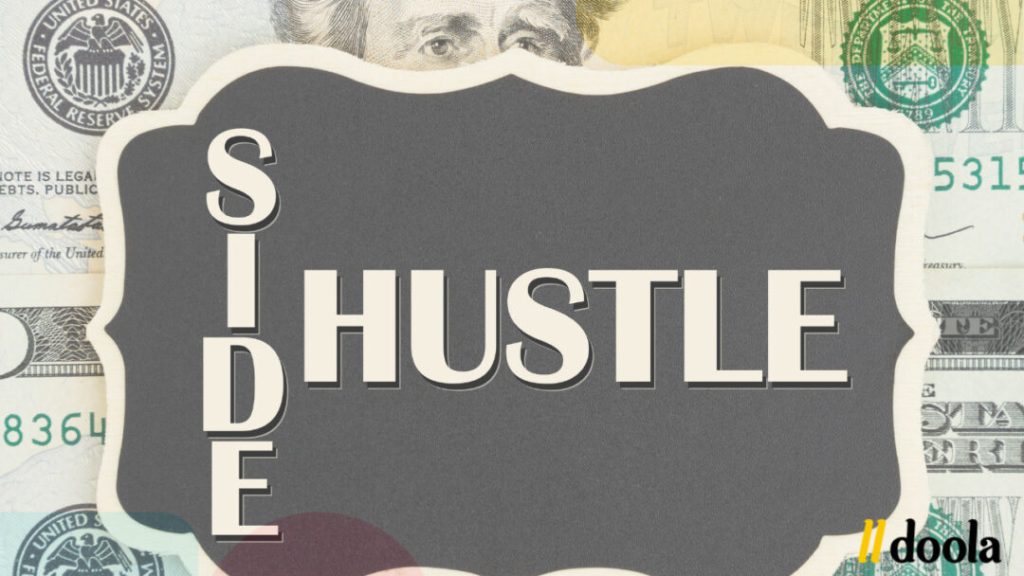Playing the Side Game

Student-athletes are no strangers to hustle—on the field, in the classroom, and increasingly, in the growing gig economy. With flexible hours, remote options, and the chance to build skills or earn income on their own terms, side hustles offer athletes a new way to stay financially stable and professionally sharp while still competing at a high level. Whether it’s tutoring, content creation, freelancing, or coaching younger players, gig work can fit neatly into a student-athlete’s already packed schedule while opening doors to future careers.
One of the biggest advantages of side gigs for student-athletes is time flexibility. Traditional jobs often conflict with practice times, travel, and academic responsibilities. But the gig economy runs on your own hours. Athletes can pick up work when their schedules allow—on a recovery day, in the off-season, or even while traveling. That freedom helps them avoid burnout while still getting valuable work experience.
Athletes also bring a unique set of skills that translate perfectly to freelance and contract-based work. Think discipline, time management, resilience, and a competitive mindset. Those traits are assets in everything from freelance writing to personal training. For example, a student-athlete studying graphic design could build a portfolio by taking on freelance projects for local businesses or student organizations. A communications major could create TikTok content for brands, leveraging both creativity and NIL opportunities.
Many student-athletes already have access to one of the most valuable assets in the gig economy: a personal brand. With the rise of NIL (Name, Image, and Likeness) deals, building a brand isn’t just about followers—it’s about knowing how to market yourself, communicate clearly, and stand out. Side hustles that amplify a personal brand, like podcasting, vlogging, or creating a digital course, can boost visibility and provide passive income streams. Even athletes with smaller followings can carve out niche audiences and monetize their skills through platforms like Patreon or Substack.
Tutoring is another great option for student-athletes. Many already serve as academic leaders on their teams, so offering tutoring services—especially in subjects they’ve mastered—can be a natural extension of their skills. Online platforms make it easy to connect with clients, set rates, and get paid, while also practicing communication and leadership skills that carry into any career.
Another option? Start a small business. Student-athletes with a hobby or interest—photography, baking, custom apparel—can turn it into a side hustle. Selling products through Etsy or Instagram or offering services like sports clinics to younger kids in the community allows them to be their own boss while testing entrepreneurial waters.
The gig economy also helps student-athletes build networks outside of sports. Each client, customer, or collaboration is an opportunity to meet someone new, get a reference, or discover a new industry. In a world where “who you know” can matter as much as “what you know,” side hustles expand a student-athlete’s reach and help them develop real-world experience that can lead to full-time opportunities after graduation.
Of course, balance is key. Taking on too many gigs during a packed athletic season can lead to stress and poor performance, so planning is essential. Athletes should evaluate their time commitments honestly and choose side hustles that align with their long-term goals and personal energy levels. Off-seasons or lighter academic periods might be ideal for testing a new hustle or increasing hours on an existing one.
Universities are starting to support this shift as well. Career centers are adding resources and coaching for students interested in gig work, and some programs even encourage athletes to explore entrepreneurship through workshops, mentorships, and on-campus incubators.
For student-athletes with big dreams beyond the scoreboard, the gig economy is more than a side hustle—it’s a test drive for future ambitions. It offers flexibility, income, and independence while sharpening skills that will last long after their playing days are done. Whether they’re training for the pros or the professional world, the gig economy gives them another way to win.

